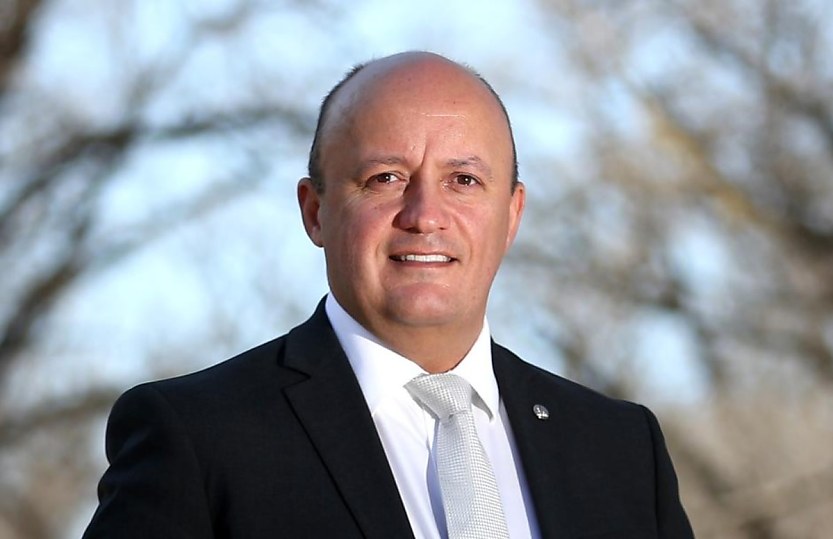Peak body demands Canberra to reject ‘international student tax’

A proposed levy on foreign student fee income could hurt enrolments and Australia’s reputation, according to independent colleges.
The “international student tax” proposed by the Universities Accord panel to support the sector’s sustainability could hurt students, education providers and the wider economy, independent colleges warn.
The tax, among several policy changes proposed by the panel’s interim report to government, would impose a levy on international student fee income to “provide insurance against future economic, policy or other shocks, or fund national and sector priorities”.
However, as the panel’s final report release looms, Independent Tertiary Education Council Australia CEO Troy Williams said the government should “rule out” the levy.
“A number of ITECA Higher Education members have referred to this as an international student tax which is understandable because, at the end of the day, students will foot the bill,” he said.
“The case for the international student tax has not been made.”
The Department of Education convened the Universities Accord panel in November last year to review the higher education sector and provide recommendations to improve its “quality, accessibility, affordability and sustainability, in order to achieve long-term security and prosperity for the sector and the nation”.
The accord’s interim report highlighted the levy as a funding mechanism to address issues with the sector’s current funding system.
But Mr Williams said the levy’s imposition could lead to higher costs for international students and make tuition fees more expensive overall.
“This could result in declining international student enrolments, negatively affecting universities, colleges, and the broader education sector,” he said.
“One of the major concerns with the proposal is the potential negative impact on the international education sector. Imposing a tax on the fees these students pay for their education could make Australian education less attractive and less competitive worldwide.”
The report also did not specify further details about the levy, such as a potential amount or a funding target, Mr Williams said.
“Given such broad and diverse objectives that lack definition, it does appear that the proposal at this stage at least lacks sufficient rigour. In that context, there is of course the ever-present risk that without clear and defined outcomes, funds could be used on a discretionary basis to fund political priorities of the day,” he said.
He also had concerns over what it would do to Australia’s global standing. “Like many other countries, Australia has established itself as a global education hub, attracting students from all over the world.”
“Imposing a student tax would send a negative message to the international community, potentially damaging Australia’s reputation as a welcoming and inclusive educational destination for international students,” he said.
Mr Williams recommended greater public investment and public-private partnerships for the government to support its priorities instead.
Alternatively, he called for “more targeted taxation measures that do not negatively impact students and the international education sector”.
